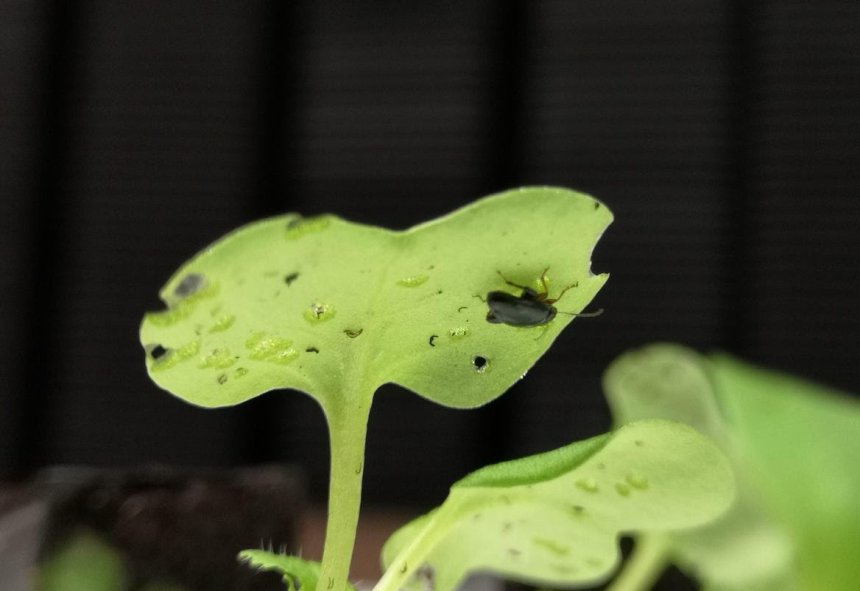
Researchers in the UK who are working to combat a devastating pest of oilseed rape have been supported by a fresh injection of funds.
The £1.8m BBSRC Industrial Partnership Award (IPA) scientists and industrial partners working on desperately needed solutions to tackle cabbage stem flea beetle.
Crop losses to the beetle in the UK were estimated at 6.4 percent in 2016 and 2017, rising to 15 percent in some counties.
The pest is increasingly problematic since the withdrawal of neonicotinoid-based pesticides which were previously used as seed treatments to control the beetle.
The escalation has led to questions over the future of the UK oilseed rape crop, with a decline in cropping area of 35% between 2012 and 2019.
The research-industry partnership led by the John Innes Centre will look to implementing an integrated pest management approach.
Key to this is the use of pest resistant cultivars of the crop, but there are none currently available.
This project will enable researchers to identify genetic markers - landmarks in the crop genome - which will guide breeders in developing resistant varieties of oilseed rape that are less palatable to the beetle.
Further research into the lifecycle and feeding preferences of the beetle is being carried out by the research team.
Industrial partners participating in this research include seven crop breeding companies: DSV, KWS, Limagrain, Bayer, Elsoms, RAGT and LS Plant Breeding, and the AHDB.
Dr Rachel Wells, principal investigator of the successful bidding team said: “The success of the bid has been made possible with the support of a strong network of industrial partners which we have built over time.
"Through this partnership approach we are addressing an important problem for industry, turning scientific discovery into solutions in the field.”
Dr Sam Cook, lead of the project at Rothamsted Research added: "I believe that growing crops resistant to this pest will help to reduce insecticide use and secure UK production of oilseed rape which is important for farmland biodiversity."
